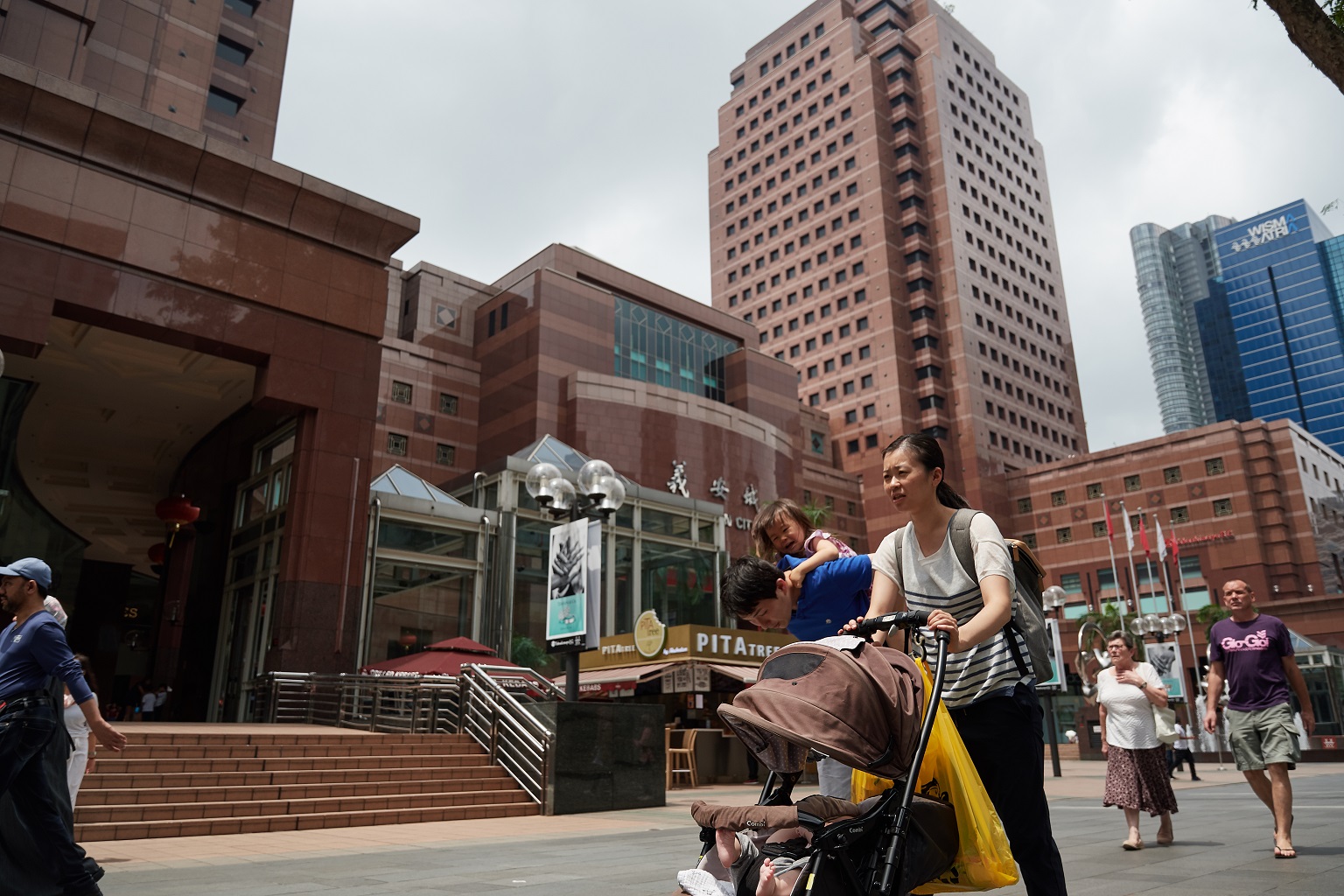Parliament: MPs call for more help for caregivers, women and families
Sign up now: Get ST's newsletters delivered to your inbox

Mr Desmond Choo (Tampines GRC) asked if eldercare or family care leave could be made mandatory to help a class of "double-sandwiched" young parents.
ST PHOTO: LIN ZHAOWEI
Yuen Sin
Follow topic:
SINGAPORE -Caregivers, working mums and families could do with more help from the Government as they juggle their duties at home and in the office, said MPs.
While they welcomed the measures in this year's Budget to support workers and families, three MPs who spoke during the Budget debate on Tuesday (Feb 27) had suggestions on ways to better support groups that may be lagging behind in the new economy.
Nominated MP K. Thanaletchimi called for the Government to consider mandating the right for workers, particularly women, to request flexible work arrangements if efforts to persuade employers in this aspect fail.
Ms Thanaletchimi, who is also the Healthcare Services Employees' Union (HSEU) president, cited a nurse who was denied a flexible work arrangement by her reporting officer as she could not find a colleague who could take over some of her duties. She ended up giving her job up to look after her children.
Another female worker also had her request for a flexible work arrangement turned down, though she had to look after her school-going children and an ailing mother-in-law.
"Singapore remains a rather conservative country when it comes to caring for and valuing the family that is behind every worker. The burden of caring for the young and elderly often fall on the shoulders of women," said Ms Thanaletchimi.
She called for companies to do more to help them, and urged the Government to commission a study to better understand the issues face in different industries.
Mr Desmond Choo (Tampines GRC) also asked if eldercare or family care leave could be made mandatory to help a class of "double-sandwiched" young parents, which has emerged as the population ages and more people marry and have children later.
"Such families would have to cope with the stresses and rising costs of looking after children and meet the needs of healthcare and other forms of care for their aged parents," he said.
Non-Constituency MP Daniel Goh in turn focused on the gender pay gap. He said the health and social service sector, for example, has one of the largest gender pay gaps, with women earning around $1,540 a month less than men.
He noted that while wages for nurses have been improving, the ratio of Singapore's median gross monthly income from the work of all full-time employed residents to that of nurses still lags behind countries like Israel and Australia with similar demand profile for nurses.
There is thus scope for the wages of nurses to be raised, which could "kill several birds with one stone", he added. This can correct perceptions that nursing is a "low-skilled job" and attract more to the sector. Since women make up the bulk of nurses here, increasing the wages or nurses can also help to close the gender pay gap.
Dr Goh also called for more financial and social support to be given to caregivers, noting that female caregivers of seniors, namely wives and daughters, tend to experience a lot more stress than male caregivers.
While Senior Minister of State Sim Ann had previously said that the Government's approach focused on direct subsidies of services to lessen the costs borne by caregivers rather than providing cash allowances to people looking after family members, he said the two components "do not have to be mutually exclusive".
Cash allowances to caregivers suffering from extreme negative financial impact would allow them to access subsidised services, he said.
In response, Mr Patrick Tay (West Coast GRC), a former executive secretary of the HSEU, said the salary scales of nurses have been reviewed on several occasions, and skills-based hiring and progression frameworks have been introduced.
He said while there may be "forms of discrimination here and there in pockets", there is a need to ensure that government spending remains sustainable even as the tripartite partners work to ensure that healthcare workers' interests are met in a progressive manner.

